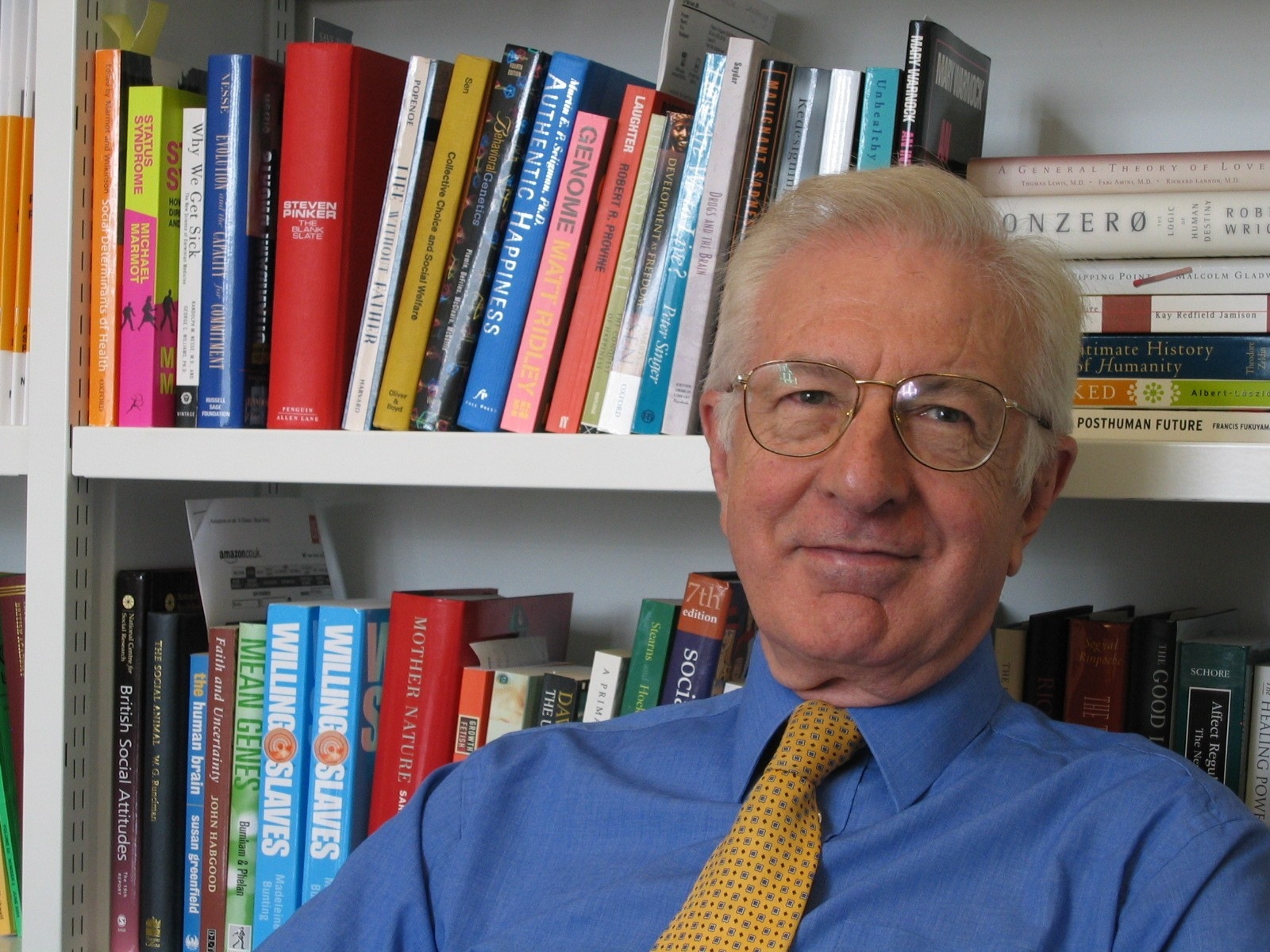When better than now to reassess the goals of our culture? We have a crisis of confidence, and on top of that there is rising mental illness among the young, and unprecedented “deaths of despair” in middle age. It is time for a rethink.
There is one central problem. We rightly prize competition between organisations — it keeps them on their toes. But we wrongly apply the same logic to individuals. Individuals are different from organisations. As I show in my book, Can We Be Happier? Evidence and Ethics, people’s wellbeing depends most of all (after their mental and physical health) on the warmth and stability of their human relationships. This includes not only family and friends, but colleagues, school-fellows and fellow citizens. So we make a fundamental error if we say to our young people “Your aim is to do as well as possible compared with others.”
That leads directly to a zero-sum game. For every winner there is by definition a loser. That is not great for the loser, but it may also not be great for the winner. For the competition involves massive stress for both. As a result, stress is rising worldwide as the Gallup World Poll shows. This stressful lifestyle may increase GDP but it diminishes life-satisfaction. For however hard people try to win, a zero-sum game cannot increase their combined satisfaction with life.
So this ultra-competitive culture has to be replaced by one with a positive-sum outcome. In such a culture, people seek not only their own happiness, but also the happiness of others. That’s good for the others, but there’s also ample evidence that, on average, doing good increases your own happiness.
This is not exactly a new idea — it appears in some form in all the great religions. But, as these religions lose their ability to convince, it is vital that we restate it in secular terms. As the Dalai Lama has said, we vitally need a convincing secular ethics; otherwise selfishness will fill the ethical vacuum. The “happiness principle” is the right principle for the 21st century: we should live our lives to create the most possible happiness in the world that we can.
For young people, this simple idea would provide the sense of purpose that so many lack. Education could cease to be preparing for a test, and become preparing to make a positive contribution to the world. Work would no longer be a climb up the greasy pole, but a cooperative effort to make a real difference.
Does such an agenda have a chance? I think it has. The first key element here is the new science of happiness, which has exploded in recent decades. This covers what we can do for ourselves and for others. For ourselves, the key finding is that we can improve our mood by better management of our thoughts. From cognitive behavioural therapy this idea developed into positive psychology for everyone — a practice which is also encapsulated in age-old Eastern wisdom. The evidence shows clearly that such a mindful way of living can boost our personal happiness.
But what about the happiness of others? Here we have the results of population surveys which enable us to link the dispersion of happiness in the population to the various key factors that determine it. The biggest single factor is the presence or absence of mental illness. Next is the quality of the working environment, in which we spend so much of our time. Then comes family, and physical health. The inequality of income explains under 2% of the inequality of happiness within a country. Across countries, income is more important, but so are key factors like trust which explain why the World Happiness Report, published March 20, 2020, shows the Scandinavian countries as the happiest in the world.
Against this background, who can do what? In the book, I give experimental evidence on how each profession can contribute to greater overall happiness. Mental health workers with good evidence-based therapies have a key role. So do school-teachers, where life skills should be an integral part of the weekly school curriculum — using the wonderful evidence-based materials (like Healthy Minds) now available. Line managers are also critical — on average, people dislike being with their line manager more than anything else in the day. When people work in teams, they need significant control over their work and they need to be rewarded on the basis of team (and not individual) performance.
But in the end, it is politicians who set the tone. As Thomas Jefferson said, “The care of human life and happiness… is the first and only legitimate object of good government.” We now know enough to put that into practice. Politicians who want to spend our dollars on this or that policy should be expected to show what value it would generate in terms of human happiness. New Zealand has led the way in this with its Wellbeing Budget. Let others follow.
In the end, the people will decide. They will choose their own goals and the goals they expect of their politicians. In 2011, some of us co-founded a movement called Action for Happiness. One candidate for its director had searched the internet for any organisation that included the word “happiness” in its title. The answer was: “Your search for happiness has produced no results.” Things are different now. A happiness revolution is being born.
Note: Can We Be Happier? Evidence and Ethics by Richard Layard with George Ward is published by Penguin Random House.
Follow us here and subscribe here for all the latest news on how you can keep Thriving.
Stay up to date or catch-up on all our podcasts with Arianna Huffington here.


